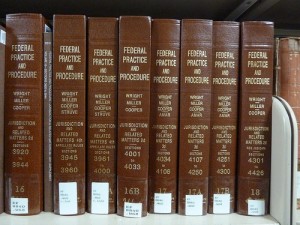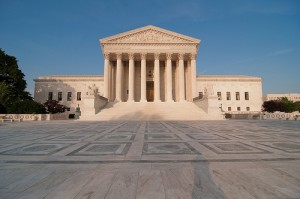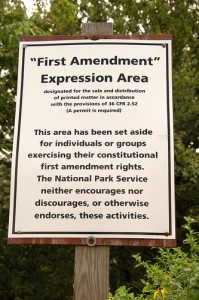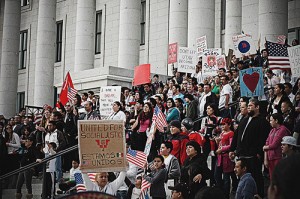Monday Morning Review: Local Governments in the Federal Appellate Courts
Posted
28 Apr 2014 in Monday Morning Review
Here are last week's published decisions involving local governments: First Circuit
First Circuit
- Green Mountain Realty Corp. v. Leonard, No. 13-2163 (Apr. 23, 2014) (finding that district court improperly granted summary judgment to Town on cell phone provider's claim that Town "prohibited" it from providing service under 47 U.S.C. 332(c)(7) of the Communications Act).
- Hallsey v. Pheiffer, No. 13-1549 (Apr. 24, 2014) (reversing district court's summary judgment for officers on fabrication, malicious prosecution, and coercion claims, in case arising out of suit brought by individual wrongly imprisoned for 22 years).










